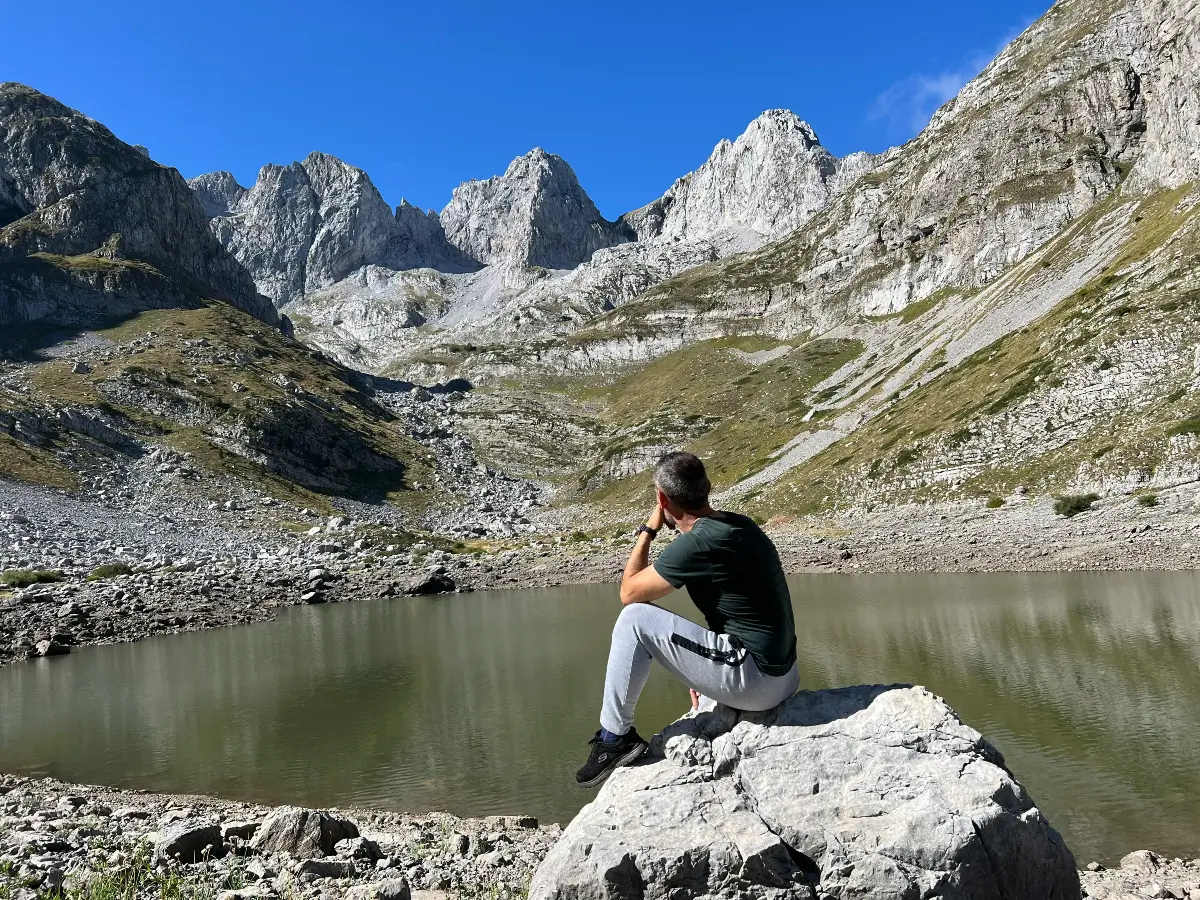If you’re planning to work independently in Albania, one of the first decisions you’ll face is whether to register as a freelancer or open a company. Both options are legal and accessible to foreign nationals, but each comes with its own legal responsibilities and financial structure. The choice you make will affect how you pay taxes, manage liability, and grow your business.

Working as a freelancer
Freelancers in Albania operate under the legal form known as Person Fizik. This structure allows individuals to work under their own name without creating a separate legal entity. It’s a simple and cost-effective option for professionals offering personal services like consulting, IT support, design, or remote freelance work.
You can register quickly and begin operations without the need for partners or corporate documents. However, there is no legal separation between you and your business. If there are debts or legal disputes, you are personally liable.
This option is suitable for low-risk activities, especially if you’re working with clients abroad and handling modest income levels without employees.
Opening a company
If you want more legal protection or plan to scale your business, registering a company may be the better choice. The most common structure is the limited liability company (SHPK). It offers a separate legal identity, meaning your personal assets are protected if the business faces financial problems.

Opening a SHPK allows you to hire employees, sign contracts as a legal entity, and build a brand independent from your personal name. It also improves your credibility with clients, partners, and institutions. The setup process is more detailed, but it gives you long-term flexibility if you plan to grow.
How to choose the right structure
If you’re working alone with minimal risk and don’t need a corporate identity, the freelancer model is faster and simpler. But if you want to separate your personal and business finances, operate with partners, or take on larger projects, forming a company gives you stronger legal standing.
Both forms are valid under Albanian law, and each has its place depending on your business goals. The key is choosing the one that supports your current needs while leaving room for future growth.